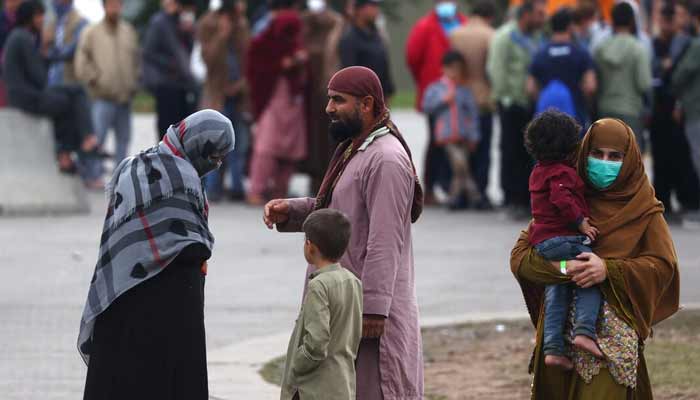The European Union (EU) has confirmed ongoing contact with Afghanistan’s Taliban authorities to address issues related to the return of Afghan migrants from Europe. The move highlights growing concerns across Europe about managing irregular migration while ensuring that human rights remain protected.
According to the European Commission, the talks are part of broader efforts to improve coordination on migration and humanitarian issues. Officials said these discussions do not represent formal recognition of the Taliban but are meant to ensure that European countries can engage on practical matters concerning Afghan citizens abroad.
Since the Taliban regained control of Afghanistan in 2021, the number of Afghan migrants seeking asylum in Europe has risen. Many fled due to insecurity, economic hardship, and limited access to education and employment. As European nations face increasing migration pressures, the EU aims to find a balance between humanitarian support and the enforcement of return policies.
A spokesperson for the European Commission said the dialogue focuses on “humanitarian and migration-related matters,” emphasizing that engagement with the Taliban is strictly limited to operational concerns. The EU continues to coordinate its actions through international partners, including the International Organization for Migration (IOM) and the United Nations High Commissioner for Refugees (UNHCR), to ensure that any return procedures respect international law and the safety of returnees.
Experts say these contacts could help improve communication channels and support humanitarian aid delivery. However, human rights groups have warned against any policy that might indirectly legitimize the Taliban regime. They stress the importance of prioritizing protection for vulnerable Afghans, especially women and minorities.
The EU reaffirmed that it will continue to support Afghan refugees and displaced persons through its humanitarian funding and development aid programs. Despite the ongoing discussions, officials insist that the EU’s stance on the Taliban remains unchanged — engagement without recognition.
This approach reflects the EU’s broader strategy of maintaining dialogue with difficult partners to address urgent issues like migration, terrorism, and regional stability. For many policymakers, managing migration humanely while upholding human rights remains a top priority.

